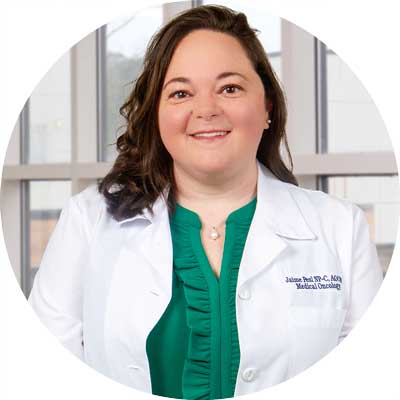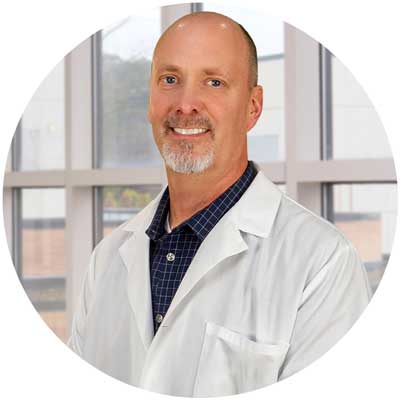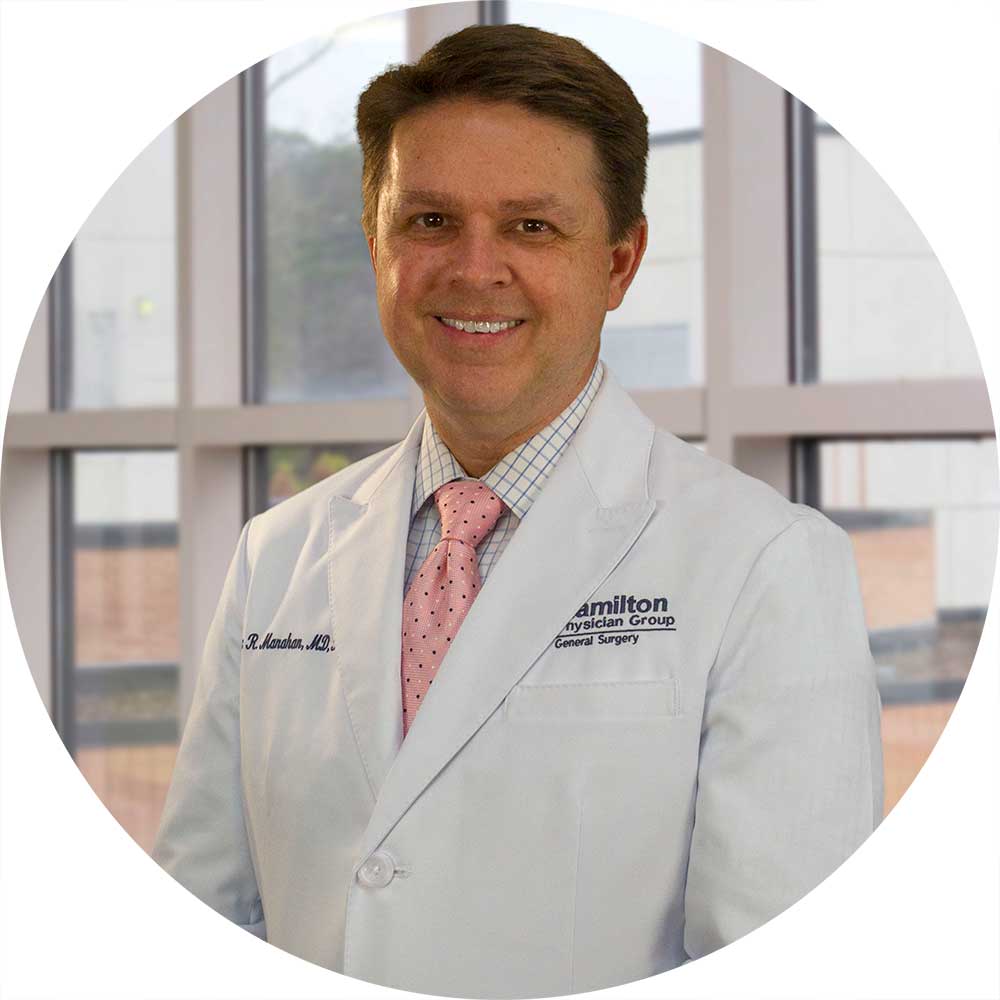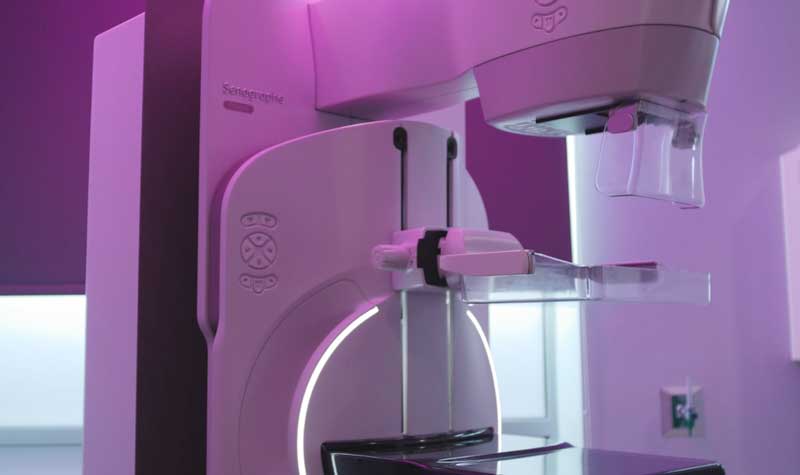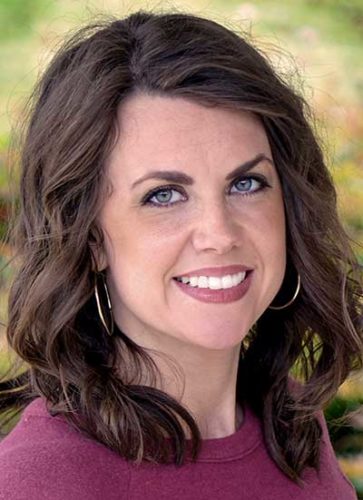Breast Cancer Survivor Treated at Peeples Cancer Institute Tells Her Story
When Chatsworth resident Marsha Smith found out she had an early form of breast cancer, she was told her treatment would likely be straightforward and had a high rate of success.
But after further testing and physician consultation, Smith’s breast cancer journey entailed more extensive treatments than she had first thought.
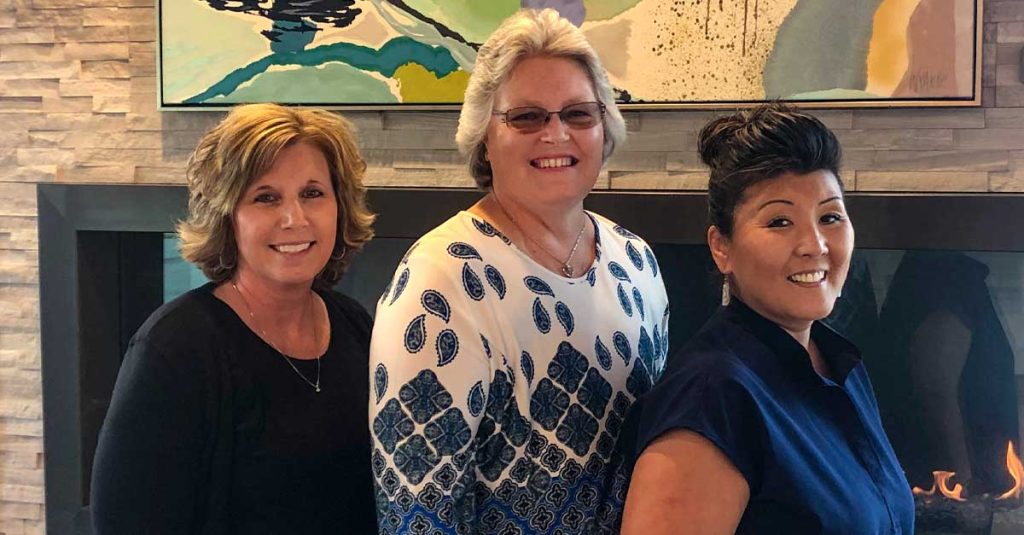
October is Breast Cancer Awareness Month, and, according to the CDC, there are 240,000 diagnosed with breast cancer every year in the United States. It is one of the most common cancers among women, second only to skin cancer. But thanks to medical advances, breast cancer has become increasingly curable.
Smith received treatment at Peeples Cancer Institute (PCI), a part of Hamilton Health Care System that opened in January 2020 and provides comprehensive diagnostic and treatment services under one roof, including chemotherapy, radiation and supportive medications.
The Journey
Smith’s cancer journey began in November 2021 when she first felt a lump in one of her breasts.
She was first diagnosed with ductal carcinoma in situ (DCIS) of the left breast in January 2022 at another hospital. DCIS, prognostic stage 0, is an early form of breast cancer with a very high cure rate.
After further diagnostic testing, Smith was found to have multifocal disease, which required modified treatment planning.
Smith decided to pursue a second opinion at Hamilton Health Care System and PCI.
After a surgical consultation and review of the pathology results, left mastectomy was recommended. Smith, being in her 50s, opted to undergo a left mastectomy and prophylactic right mastectomy (total removal of both breasts). Pathology results from surgery revealed invasive carcinoma with invasion to the lymphatic system, which upstaged her breast cancer. Surgery was followed by a series of treatments at PCI that included six cycles of chemotherapy, 25 radiation treatments and 17 cycles of targeted antibody therapy.
“It was obviously fast spreading.” Smith said.
While Smith’s treatment was far more extensive than she initially expected, Smith said the people involved in her care were extraordinarily nice, hopeful and positive. She has also drawn comfort by attending the monthly breast cancer support group meetings which are held at PCI.
“I was able to even ask questions before my treatments started and heard everyone’s stories.” she said.
Smith is now in remission but still attends the monthly breast cancer support meetings to help encourage others who are fighting the disease. She advises everyone to stay current on their mammograms, and she encourages others battling cancer to stay positive, keep their faith, find humor daily, and don’t be afraid to rely on their support network.
She is continuing treatment for lymphedema of her arm, a condition in which the body’s lymphatic system is underproductive and leads to swelling. She lives an active life and is a retired public school math teacher. Smith now tutors at the Georgia Sheriff’s Cherokee Estate Boys Home twice weekly. She and her husband have a blended family with five children and five grandchildren. She enjoys keeping two of her grandchildren once a week and loves traveling, scrapbooking, knitting and making wreaths.
Smith frequently recommends PCI to local residents needing cancer treatment.
“I feel like they’re passionate about what they do,” she said. “The best thing they give you is hope. They are all about what we can do and how we can fight this thing together. The doctors and nurses are in there with you.”
Patients ring a bell in a brief ceremony to celebrate the completion of their treatments. Smith rang the bell three times – once for finishing chemotherapy, again after completing radiation, and once again after completing her antibody therapy.
